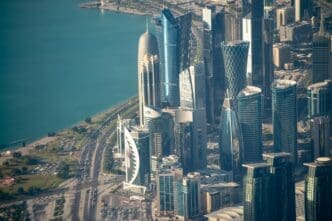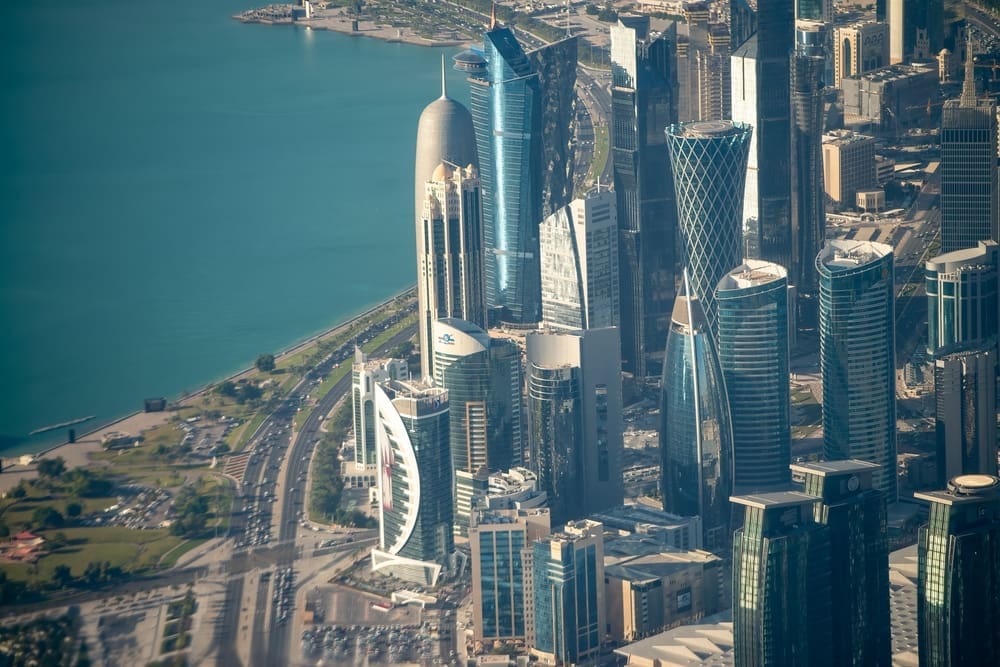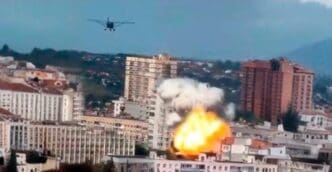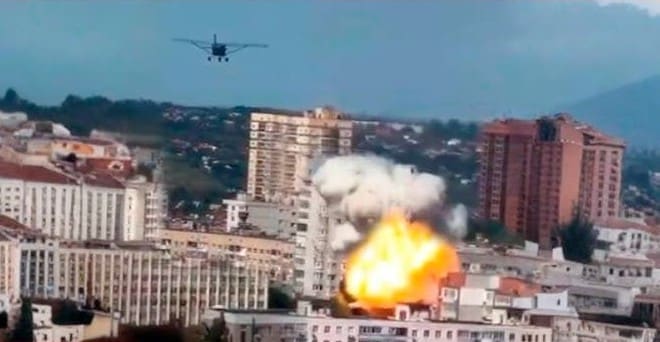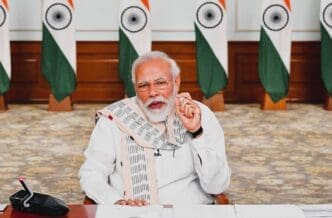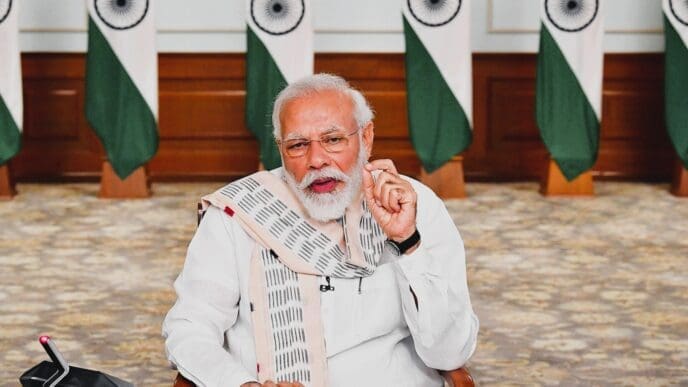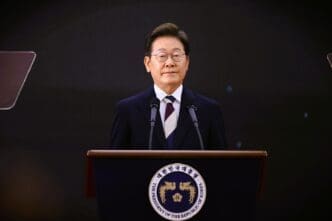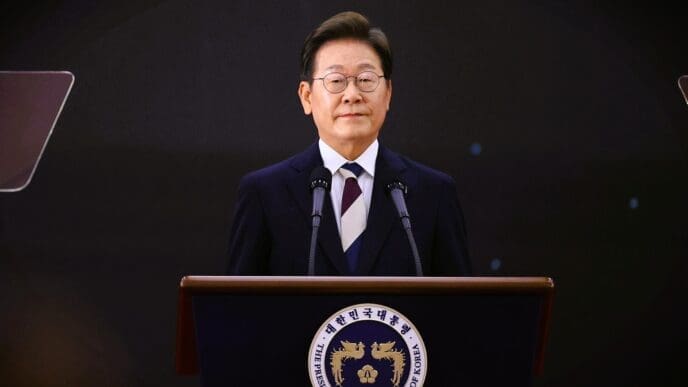The Trump administration is considering accepting a used Boeing 747 from Qatar’s royal family to serve as Air Force One, sparking concerns over ethics and national security. This proposal has encountered bipartisan criticism from lawmakers. President Trump addressed the controversy via Truth Social, describing the plane as a gift to the Defense Department, intended to temporarily replace the aging Air Force One in a transparent manner.
Experts in aviation have criticized the feasibility of this plan, highlighting that Air Force One is outfitted with specialized systems designed for secure global communication and to withstand extreme threats, such as nuclear attacks—capabilities that a standard commercial aircraft would not possess. Additionally, a current program aimed at delivering new Air Force One aircraft has experienced delays, with completion now anticipated around 2029.
The idea of accepting a foreign-owned aircraft also raises significant security risks, including the potential for hidden eavesdropping devices. Experts suggest that ensuring the security of such a plane may require extensive modifications, which could be impractical and inefficient.
While the administration claims that the foreign aircraft could be quickly adapted to meet presidential standards, experts argue that such renovations would actually take years to accomplish. They advocate for continuing with the current replacement program, which places the responsibility for cost overruns on the manufacturer.
There are substantial concerns over the implications of utilizing an aircraft owned by a foreign entity, particularly regarding the risk of surveillance. The complexity involved in ensuring the aircraft’s security could overshadow any perceived benefits, with some questioning the overall rationale behind the proposal.
Ultimately, experts see little advantage in pursuing this option, suggesting that any potential benefit might only serve personal interests post-term, assuming no sensitive systems are present on the aircraft. The notion that a standard jetliner could fulfill the role of Air Force One overlooks the sophisticated systems and security measures essential for presidential transportation.
